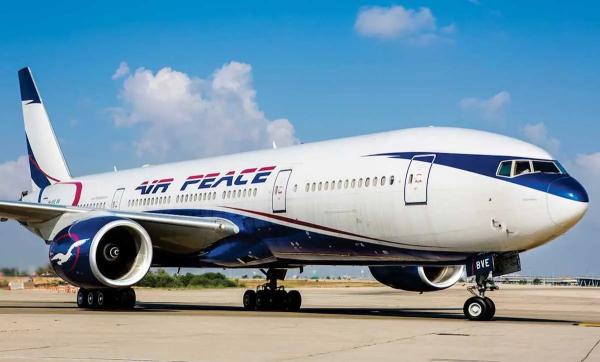
No fewer than 35 African countries have coastlines with numerous ports strategically located along these ports. Ports play a very prominent role in the economy of the continent as a major chunk of economic activities is made possible through these ports. Ports are very critical for revenue generation of any nation because of their relevance to import and export activities, hence governments commitment to continue to improve of the capacities of its various ports. This article takes a look at the most important ports in Africa.
1. Durban, South Africa
The Port of Durban, commonly called Durban Harbour, is the largest and busiest shipping terminal in sub-Saharan Africa generating more than 60% of South Africa’s revenue. It handles up to 31.4 million tons of cargo each year. The Port of Durban is referred to as Africa’s most vigorous general cargo port.
2. Port of Abidjan, Ivory Coast
It is the most important port in West Africa and the second most important in Africa after the Port of Durban. It is a major contributor to the economy of Ivory Coast, it also enables a major portion of the external trade of landlocked countries such as Burkina Faso, Mali, Niger, Chad, and Guinea also passes through it. The port of Abidjan also enjoys the second biggest container storage capacity of 20,000 TEUs. It enables deep-sea ships to use the port.
3. Port of Mombasa, Kenya
The port of Mombasa has been used for trade for as long as history can remember and remains instrumental today as it was then. The port of Mombasa connects the east and central Africa. It is also referred to as the city of merchants. To make freight services between Uganda and Tanzania effortless, there is a railway line from the port that connects the three main east African countries.
4. Suez Canal, Egypt
Suez Canal is a sea-level waterway in Egypt, connecting the Mediterranean Sea to the Red Sea through the Isthmus of Suez. The Suez Canal was opened in 1869 and it grew in popularity because it allowed ships to move between Europe and India without having to navigate around Africa thereby reducing the journey by approximately 6,000km.
5. The port of Djibouti , Djibouti
It is strategically located at the crossroads of one of the busiest shipping routes in the world, linking Europe, the Far East, the Horn of Africa and the Persian Gulf. The port of Djibouti is situated in the capital city of Djibouti. The involvement of the Chinese government in establishing a state-owned enterprise within the port underlines the importance of the port. Most nations of the world use the port as a navy military outpost although it is also important for Transshipments, and is the principal maritime outlet for imports to and exports from neighboring Ethiopia.
6. Tangier, Morrocco
Tanger Med is a global logistics gateway and connected to 174 ports worldwide. Tanger Med constitutes an industrial hub for more than 800 companies representing a yearly export turnover in excess of 6 400 MEUR in various sectors such as automotive, aeronautics, logistics, textile and trade. The Tangier Med Port is mainly used by commercial ships and vessels. The Tangier port is relatively new having only been constructed in 2007. It was established to account for the increasing demand in the import and export industry in Morocco.
7. Port of Lagos, Nigeria
The Lagos Port Complex also referred to as Premiere Port (Apapa Quays) is the earliest and largest Port in Nigeria. It is Nigeria’s main seaport although it is split into three smaller divisions all of which are situated on the Gulf of Guinea. It enjoys intermodal connection – Rail, Water and Road. The Lagos port operated by the Nigerian Port Authority and it handles significant trade from Cameroon, Benin, and Niger.
8. Saldanha Bay, South Africa
The Port of Saldanha Bay, South Africa';s largest natural anchorage and port with the deepest water is 60 nautical miles northwest of Cape Town. It is a natural deep water port that mainly deals with iron ore exports in the 70s. With technological advancements and globalization, the Saldanha Bay has diversified its commodity base to accommodate wider range of goods that pass through the port, which has helped to make it busier than ever.





















